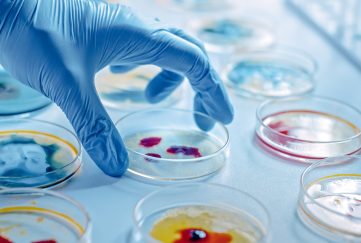Some de-licing methods can increase disease risk, study finds

Some sea lice treatments can increase the risk of bacterial infection for salmon, according to research by the Norwegian Veterinary Institute.
A study found that thermal and non-thermal exfoliation of salmon by brushing or rinsing can result in a higher risk of the disease pasteurellosis.
The findings are based on extensive tests carried out by the Institute, which stresses the risk does not apply to freshwater de-licing methods.
Pasteurellosis in salmon can cause symptoms such as boils in the skin, at the pectoral fin and internal organs. The disease results from infection by the bacterium Pasteurella, and it has become a growing problem in recent years. Pasteurellosis ranks as No 10 in the list of biological problems facing salmon.
Project Director Duncan Colquhoun has said that tests had previously shown that pasteurellosis is neither particularly contagious or highly pathogenic. But he adds: “The connection between lice treatments and the detection of Pasteurella strengthens our assumption that external factors such as stress influence the spread of bacteria and the development of the disease.”
The Institute study combined de-licing data collected for the Fish Health Report, the Veterinary Institute’s diagnostic data from 2018 to 2022 and diagnostic data from private laboratories between 2021 and 2022.
The report says results showed that where a thermal de-licing had been carried out, the odds of detecting Pasteurella in the following month increased by 177%, while the odds increased by 164% when treated with brushing or rinsing the month before .
On the other hand, lice treatment with fresh water increased the odds by just 17% which the Institute says is not significant.
Senior researcher Leif Christian Stige added: “In the analyses, we took into account annual effects, seasonality, differences between production areas and salmon size.
“It is nevertheless important to emphasise that the correlations do not necessarily reflect causation. The results must therefore be regarded as preliminary, which should be verified as more data become available.”

